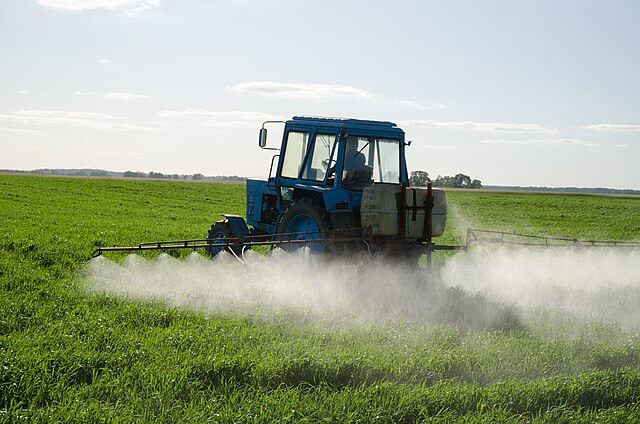
New research from George Mason University suggests that exposure to commonly used insecticides, specifically organophosphates and carbamates, may significantly reduce sperm concentration in men, potentially leading to profound impacts on male fertility.
The study, which analysed five decades of peer-reviewed research, encompassed around 1,800 men, revealing a robust association between exposure to these pesticides and decreased sperm concentration.
“Based on this meta analysis, we believe insecticide exposure … is impacting overall sperm concentration,” co-author Melissa Perry said. “The message is we need to reduce insecticide exposure in order to ensure men who are planning a family or want to conceive children are able to do that without interference.”
Against the backdrop of global concerns regarding declines in sperm quality and concentration, this research adds to the growing body of evidence. Recent studies indicate a 50% drop in sperm concentration over the past 50 years, and the newly identified correlation with insecticide exposure may contribute to this alarming trend.
The annual use of approximately 15 million pounds of organophosphates on U.S. cropland raises additional concerns, given the chemical’s links to cancer and neurodevelopmental disorders like ADHD and autism when exposed during pregnancy. The Environmental Protection Agency (EPA) has acknowledged the heightened toxicity of some organophosphates, leading to the acceleration of new regulations.
“These are manufactured to kill things and are biologically active by their very nature,” Perry said, but that can have consequences for larger living organisms.
Both organophosphates and carbamates, classified as neurotoxins, disrupt an enzyme regulating nerve signals in insects. In humans, these chemicals may interfere with the endocrine system, impacting hormone production and subsequently affecting sperm production. Additionally, they could potentially harm testes cells and alter neurotransmission in the brain related to reproductive functions.
While agricultural workers face the highest exposure, nearly one-third of the study participants were exposed through food or other environmental routes.
The study emphasises that awareness of foods with high pesticide residues is crucial for individuals looking to reduce their exposure.
But, she added, it shouldn’t be “up to each individual person to solve this”.
“The recommendation we’re making is to recognize that these insecticide exposure are a public health issue … and we really need to look toward policy solutions that recognize that a health threat exist,” Perry said.
Public health advocates are urging the EPA to implement stricter regulations or outright bans on these chemicals to safeguard reproductive health.
The study underscores the need for comprehensive measures to address the potential threats posed by widespread pesticide use on both agricultural and environmental fronts.
——————————————————————————
At Natural World Fund, we are passionate about stopping the decline in our wildlife.
The decline in our wildlife is shocking and frightening. Without much more support, many of the animals we know and love will continue in their decline towards extinction.
When you help to restore a patch of degraded land through rewilding to forests, meadows, or wetlands, you have a massive impact on the biodiversity at a local level. You give animals a home and food that they otherwise would not have had, and it has a positive snowball effect on the food chain.
We are convinced that this is much better for the UK than growing lots of fast-growing coniferous trees, solely to remove carbon, that don’t actually help our animals to thrive.
This is why we stand for restoring nature in the UK through responsible rewilding. For us, it is the right thing to do. Let’s do what’s right for nature!
Donate today at https://naturalworldfund.com/ and join in the solution!

